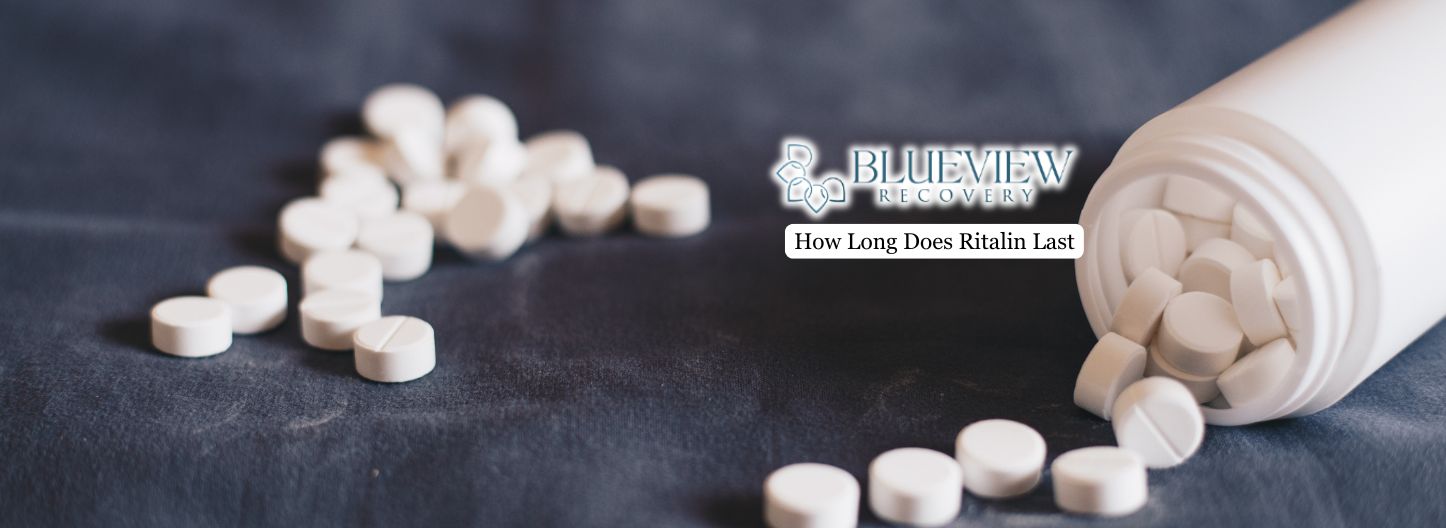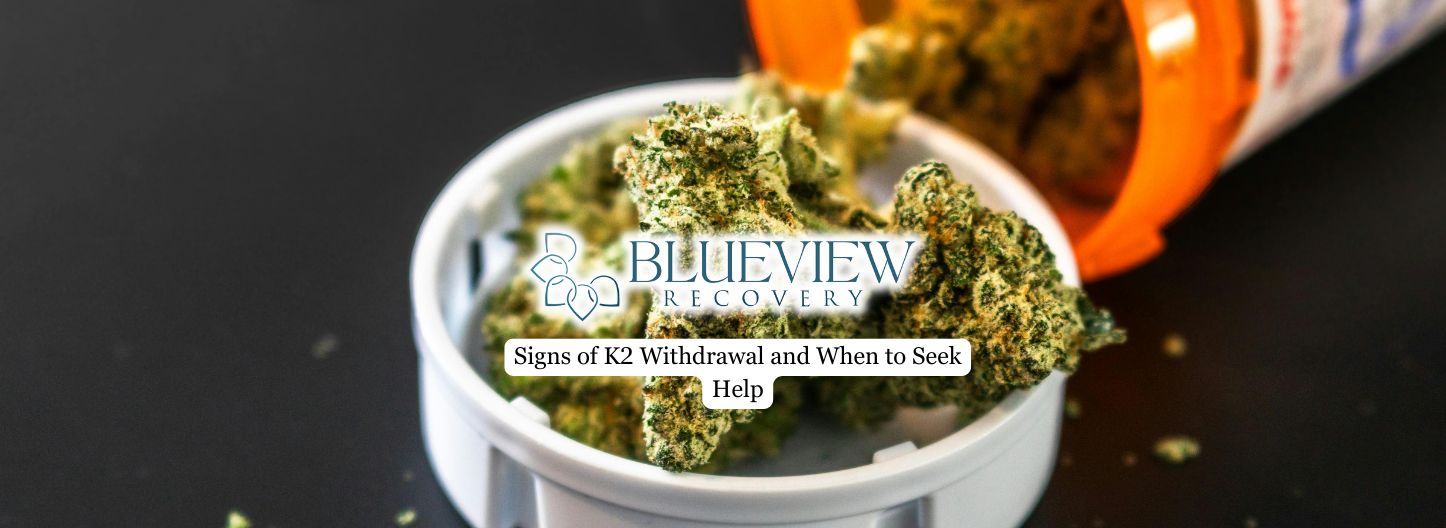Ritalin, a stimulant medication commonly prescribed for attention-deficit/hyperactivity disorder (ADHD), is known for its ability to improve focus and attention. However, many people wonder if Ritalin can also cause or worsen anxiety. Understanding this relationship is important for individuals who rely on the medication for daily functioning while managing their mental health, especially since stimulants have a history of being misused and linked to substance dependence.
This article explores the connection between Ritalin, anxiety, and the potential risks for addiction, outlining what patients and families should know.

What Is Ritalin?
Ritalin, the brand name for methylphenidate, is a central nervous system stimulant that increases levels of dopamine and norepinephrine in the brain. These neurotransmitters are responsible for regulating attention, alertness, and impulse control.
Enhancing their activity, Ritalin helps reduce symptoms of ADHD, enabling individuals to manage tasks and daily responsibilities more effectively. However, as a stimulant, it can also affect the body’s stress response, which may influence anxiety levels. For some, misuse of the medication can lead to dependency and addiction, which may require specialized rehab treatment to address both the physical and mental health risks.
The Connection Between Ritalin and Anxiety
While Ritalin is not designed to treat anxiety, it can sometimes trigger or intensify anxious symptoms. Stimulants increase activity in the nervous system, which can raise heart rate, blood pressure, and overall alertness. For individuals who are already prone to anxiety, these physical changes may feel similar to panic symptoms, leading to heightened distress.
Research suggests that some patients experience more anxiety after starting stimulant medications, while others report improvement in anxiety as their ADHD symptoms become more manageable. This difference highlights the individualized nature of mental health treatment.
Factors That Influence Ritalin Induced Anxiety
Not everyone experiences anxiety when taking Ritalin, and several factors can affect the likelihood of this side effect:
- Dosage: Higher doses are more likely to cause nervousness, restlessness, or anxiety.
- Underlying conditions: Individuals with generalized anxiety disorder, panic disorder, or other mood disorders may be more sensitive to stimulants.
- Timing of doses: Taking Ritalin too late in the day can disrupt sleep, which often worsens anxiety.
- Substance use: Caffeine, nicotine, or other stimulants may amplify the drug’s effects and contribute to jitteriness or tension.
Distinguishing Between ADHD Symptoms and Anxiety
It is important to note that ADHD and anxiety can overlap in their symptoms. Restlessness, difficulty concentrating, and irritability can appear in both conditions, making it challenging to determine whether Ritalin is causing anxiety or simply highlighting an existing issue. Accurate assessment by a healthcare professional is crucial when evaluating side effects, particularly if substance misuse is also present.
In some cases, individuals with both ADHD and anxiety may benefit from combined treatment approaches, such as therapy, lifestyle adjustments, or non-stimulant medications. When addiction becomes a factor, comprehensive care through dual diagnosis treatment that addresses both mental health and substance use is essential for long-term recovery.

Managing Anxiety While Taking Ritalin
If anxiety develops while taking Ritalin, several strategies can help:
- Consulting a doctor: Adjusting the dosage or switching to a different medication may reduce unwanted side effects.
- Practicing stress management: Techniques such as mindfulness, deep breathing, and physical exercise can counteract stimulant-related tension.
- Monitoring triggers: Keeping track of when anxiety arises may help identify whether it is linked to medication timing, lifestyle habits, or external stressors.
- Considering alternative treatments: Non-stimulant ADHD medications, such as atomoxetine, may be better tolerated in individuals with co-occurring anxiety.
When to Seek Professional Support
Persistent or severe anxiety should not be ignored, especially if it interferes with daily life. A healthcare provider can determine whether Ritalin is the source of the problem or if another condition is contributing. Because stimulant-related anxiety can complicate recovery when substance misuse is present, professional evaluation is essential.
Evidence-based therapies such as cognitive behavioral therapy (CBT), dialectical behavior therapy (DBT), and counseling can provide individuals with tools to manage anxious thoughts while addressing underlying issues. In cases where substance use is involved, integrating addiction treatment with mental health care is critical. Open communication about side effects ensures providers can adjust treatment plans, and in some situations, a higher level of care may be needed to stabilize both ADHD symptoms and the risk of addiction.
Final Thoughts from Blueview Recovery
Ritalin can be a highly effective medication for managing ADHD, but in some cases, it may contribute to anxiety. The relationship between stimulants and mental health is complex and varies from person to person. Monitoring symptoms, understanding risk factors, and seeking professional guidance are essential steps for maintaining balance while on treatment.
At Blueview Recovery in Philadelphia, PA, we recognize the challenges individuals face when navigating ADHD, anxiety, substance misuse, or co-occurring conditions. Our team provides evidence-based treatment options that address the whole person, including support for stimulant misuse and addiction recovery, offering structured care for long-term stability and well-being. With the right treatment, individuals can manage anxiety effectively while also addressing addiction concerns, ensuring lasting mental health and recovery.





